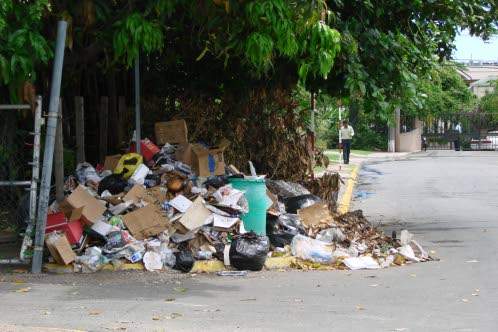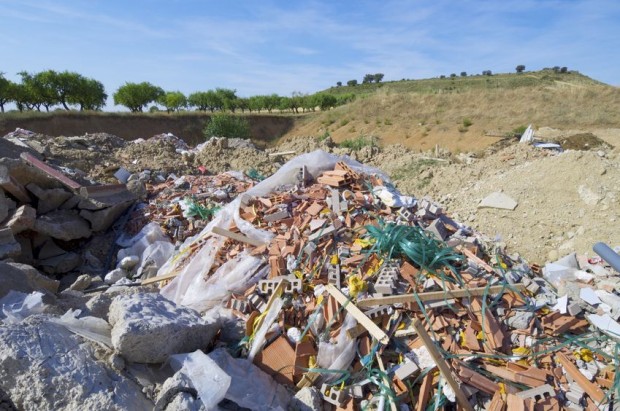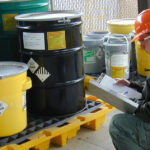Strict sanitary standards and procedures are required to maintain a clean and safe environment. Food service, agriculture, or healthcare are among industries where proper sanitation is critical, and frequently mandated by law. In order to keep a facility clean and in compliance with all regional & federal sanitation laws, effective sanitation management necessitates highly trained employees and supervisors. The duties of sanitation personnel may include cleaning facilities, instructing staff in hygienic procedures, or conducting regular inspections.
Keeping restaurants, grocery shops, cafeterias, or bars clean and sanitary is the responsibility of sanitation personnel in the food service business. In addition to sweeping floors and walls, janitors and other staff members clean and sanitise dining tables, seats, doors, and food trays. Dishwashers are hired by many businesses to wash reusable dishes & kitchen equipment on a regular basis. Most food service sanitation professionals learn their trade on the job from the more experienced colleagues and trainers. Many businesses have sanitation managers who are responsible for ensuring that other employees are following correct cleaning procedures and that nothing is overlooked or improperly cleaned.
You can find sanitation inspectors employed by private businesses or government agencies that enforce cleanliness codes and legislation. It is his or her job to conduct regular inspections to ensure that the workplace is both safe and clean for both employees and consumers alike. Establishments that do not follow hygienic regulations might be fined or even shut down by government inspectors.

There is a special emphasis on sterilisation and correct disposal of potentially dangerous goods in healthcare sanitation management, as in the fast food business. Biohazard trash bins have been designated for healthcare professionals to dispose of discarded needles, gauze, as well as other materials. Sterilization of medical testing equipment & operating rooms may be required in addition to typical cleaning tasks performed by trained janitors. Sanitation management in hospitals must also include government health inspections on a regular basis.
Sanitation management is used in different industries to ensure that food and other products are safe to consume and use. Sanitation is critical in agricultural facilities and food-packaging industrial facilities. Untold numbers of people are at risk if a crop and animal product is polluted. Most of the time, federal government officials are in charge of sanitary control in agricultural and packing facilities.
The health of a community is safeguarded by municipal facilities like wastewater treatment plants, which employ meticulous sanitation management. Tests for dangerous germs and chemicals are conducted on a regular basis. Sewage lines are maintained, filtering methods are successful, and drinking water sources are not contaminated by pollution thanks to the expertise of skilled professionals.



